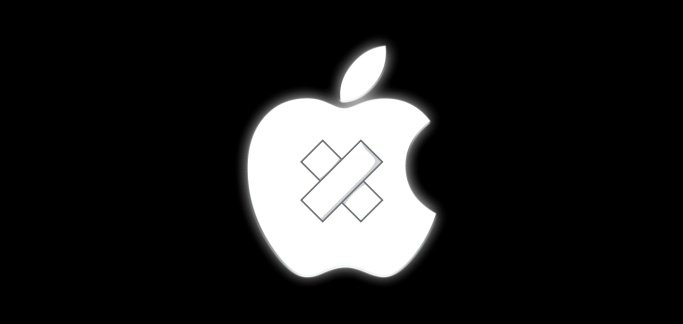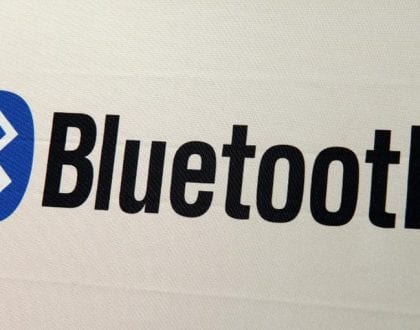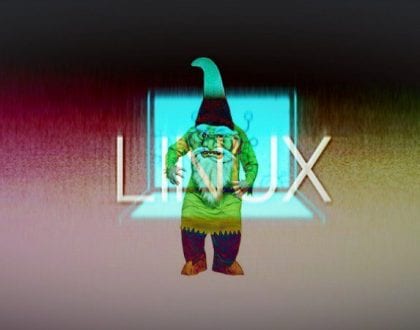Google reveals “high severity” flaw in macOS kernel

by admin
A security researcher from Google’s Project Zero has discovered that even though macOS’ kernel, XNU, allows copy-on-write (COW) behavior in some cases, it is essential that any copied memory is not available for modifications from the source process. While COW is a resource-management technique that is not inherently flawed, it appears that Apple’s implementation of it certainly is.
Project Zero has found out that if a user-owned mounted filesystem image is modified, the virtual management subsystem is not informed of the changes, which means that an attacker can potentially take malicious actions without the mounted filesystem knowing about it. The detailed explanation can be found below:
“This copy-on-write behavior works not only with anonymous memory, but also with file mappings. This means that, after the destination process has started reading from the transferred memory area, memory pressure can cause the pages holding the transferred memory to be evicted from the page cache. Later, when the evicted pages are needed again, they can be reloaded from the backing filesystem.
This means that if an attacker can mutate an on-disk file without informing the virtual management subsystem, this is a security bug. MacOS permits normal users to mount filesystem images. When a mounted filesystem image is mutated directly (e.g. by calling pwrite() on the filesystem image), this information is not propagated into the mounted filesystem.”
The researcher informed Apple about the flaw back in November 2018, but the company is yet to fix it even after exceeding the 90-day deadline, which is why the bug is now being made public with a “high severity” label. That said, Apple has accepted the problem and is working with Project Zero on a patch for a future macOS release. You can also view the proof-of-concept code that demonstrates the problem on the dedicated webpage.
Read more at bugs.chromium.org
Recommended Posts

New Attack exploiting serious Bluetooth weakness
August 20, 2019

Critical flaw in VLC Media Player Found
July 21, 2019

